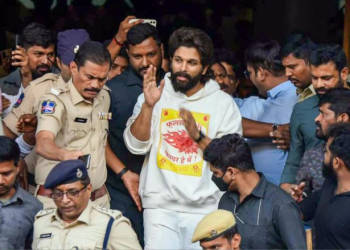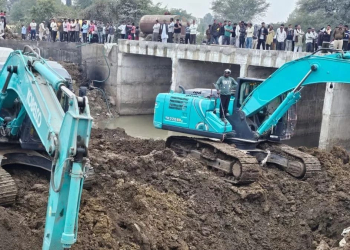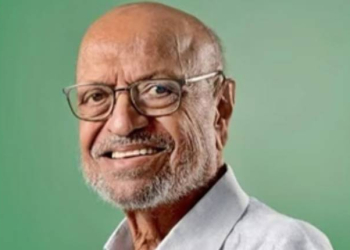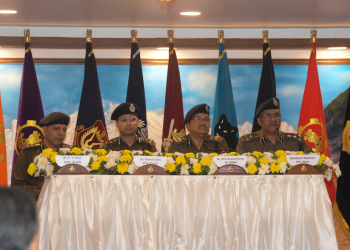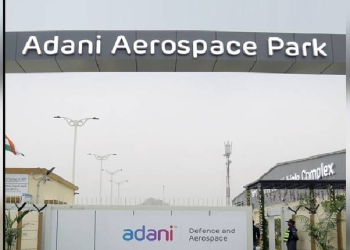New Delhi: Union Health Minister Mansukh Mandaviya on Monday suggested G20 members for an institutional framework to enable rapid sharing of genome sequencing data along with a neutral & aggregate data-sharing model amongst countries.
This could be done across multiple pathogens with equitable benefit sharing under the framework of the Nagoya protocol, he added further while virtually addressing the inaugural session at the G20 Health Ministers meeting at Yogyakarta, Indonesia.
“A boost to digital health data systems to enable seamless interoperability of data and creation of longitudinal electronic health records within a country and at the global level is crucial”, said Mandaviya.
Expressing hope that the ongoing reduced trajectory of COVID-19 is an encouraging sign that the pandemic’s end is near, Mandaviya said that India agrees to mutual recognition of vaccine credentials including its wider application for interoperability of health data.
“The ongoing pandemic has posed multiple challenges on the health systems across the globe, developed and developing countries alike. The present pandemic has highlighted the fault lines in the global health governance and has brought to the fore the importance of strengthening Global Health Architecture. It has reinforced the need to assess health ecosystems, health financing and their linkages in light of the experience in managing the current pandemic”, Mandaviya added while addressing the session.
Union Health Minister advocated for an inclusive, agile and responsive framework for health emergency management, supported by a global mechanism of surveillance, sustainable financing and equitable distribution of medical countermeasures.
“G20 countries account for 80 per cent of the world’s GDP and share 80 per cent of global cross-border trade and hence G20’s engagement and leadership will be vital to strengthen the global health architecture and management of any future health emergencies”, Mandaviya said.
Underlining the need for global cooperation, the Health Minister urged members that “global health resilience must be created by working towards mutual recognition of vaccine credentials to aid seamless cross-border travel, and the need for expanding research network, m-RNA manufacturing hubs and distributed manufacturing of medical countermeasures with particular focus on the global south.”
“G20 countries must prioritize establishing an ecosystem for VTD research, technology transfers and regional manufacturing hubs, especially in Global South. India will also support this endeavour and will collaborate proactively to develop an mRNA vaccine hub in the global south by extending its manufacturing and research capacity”, he said.
(IANS)





